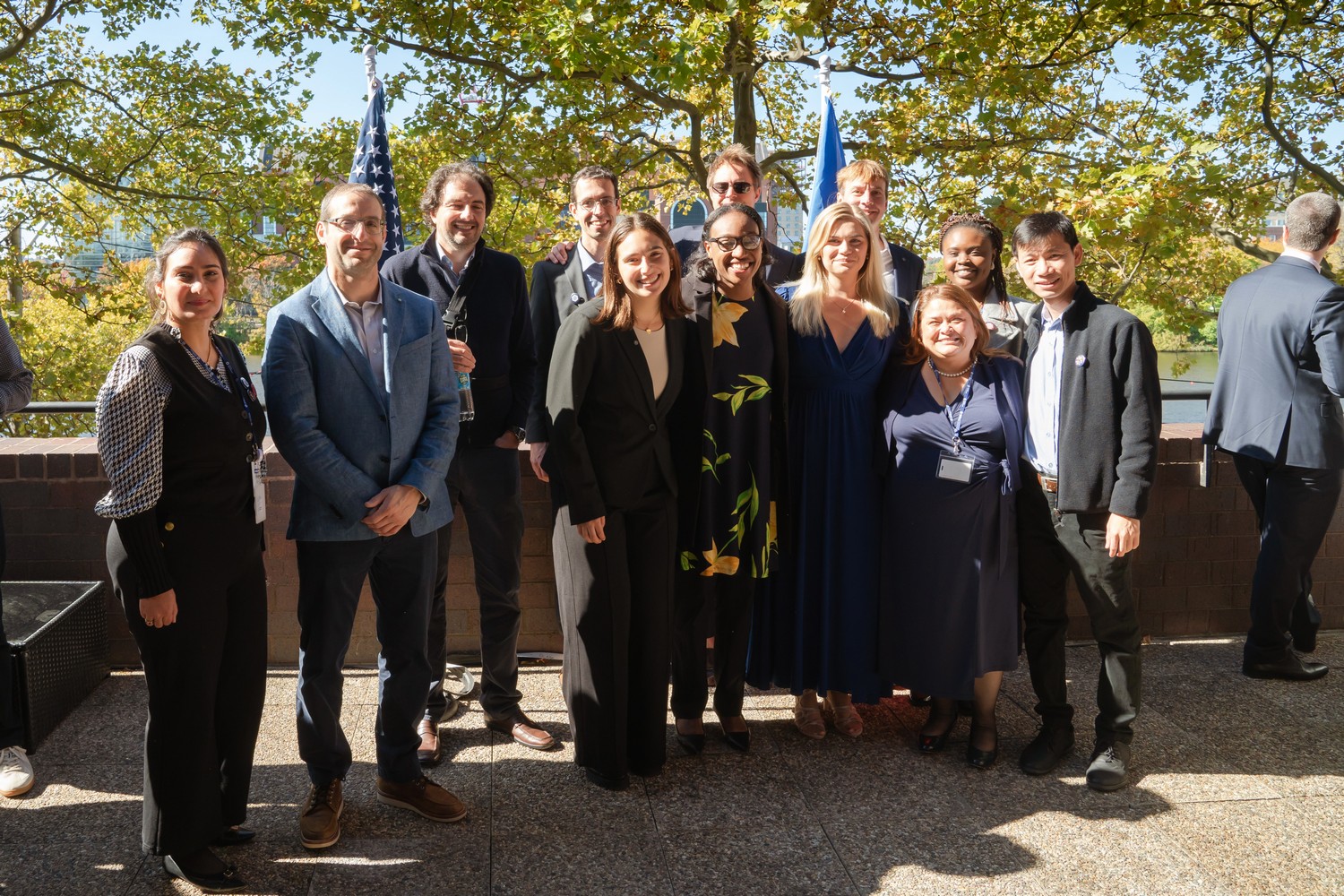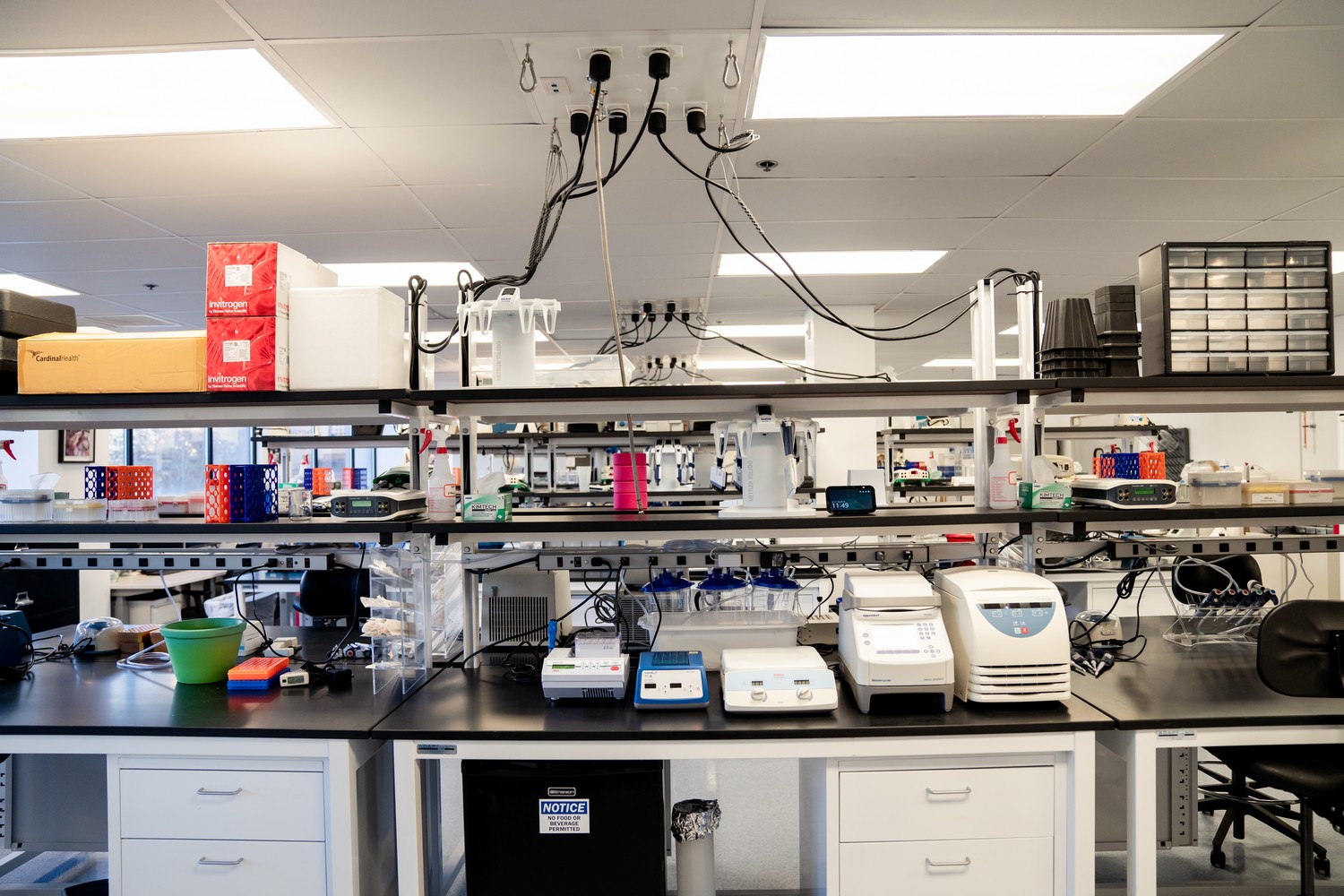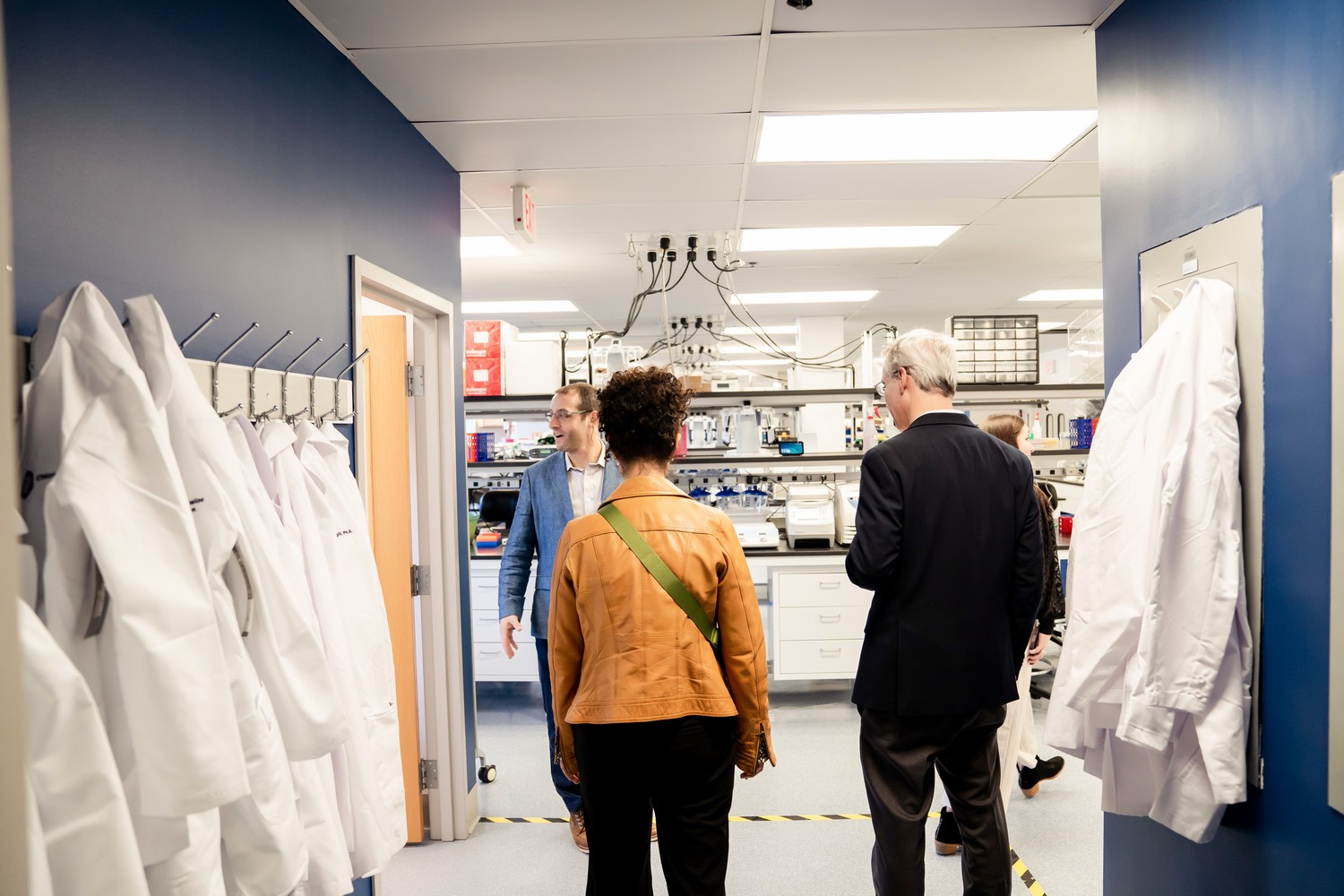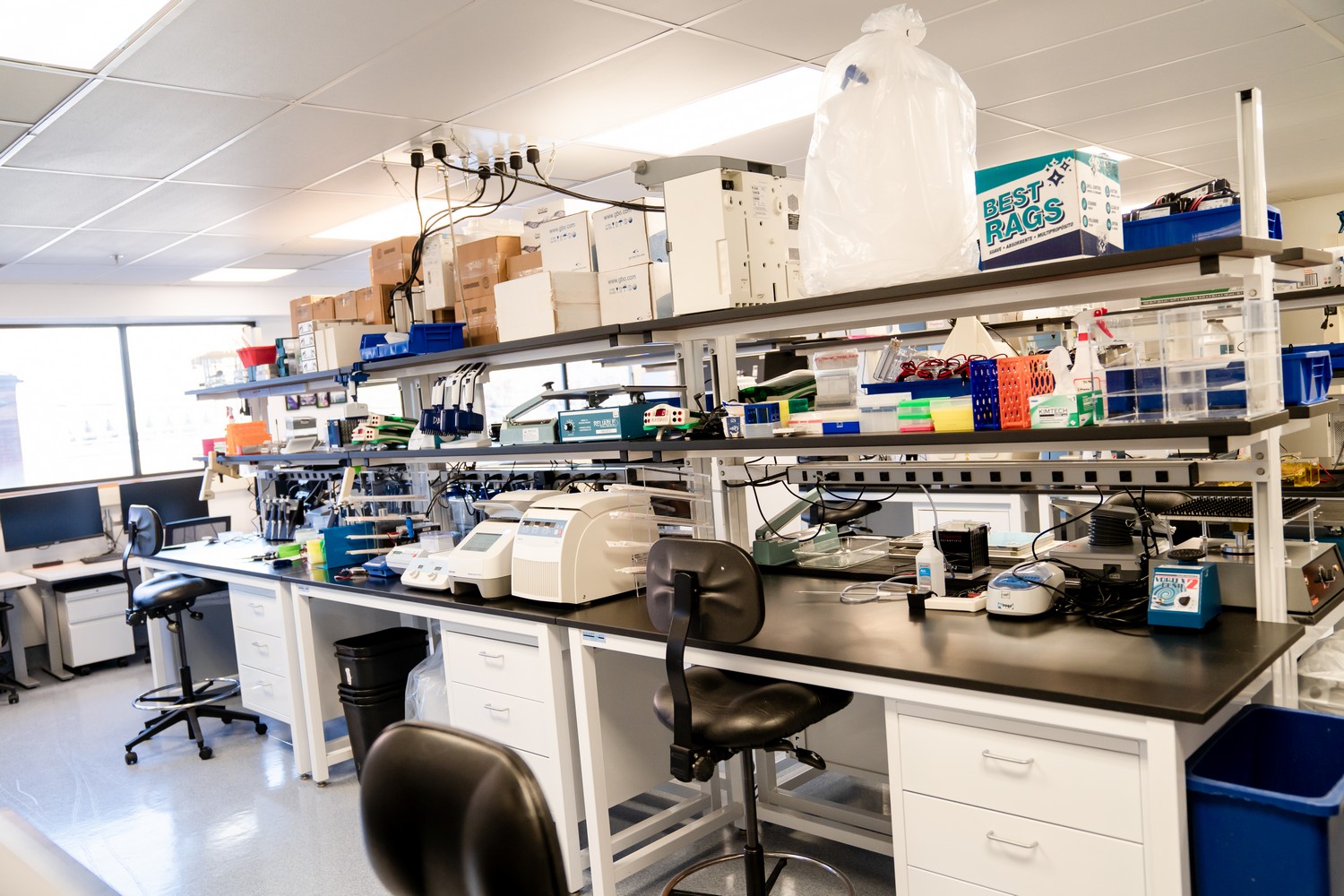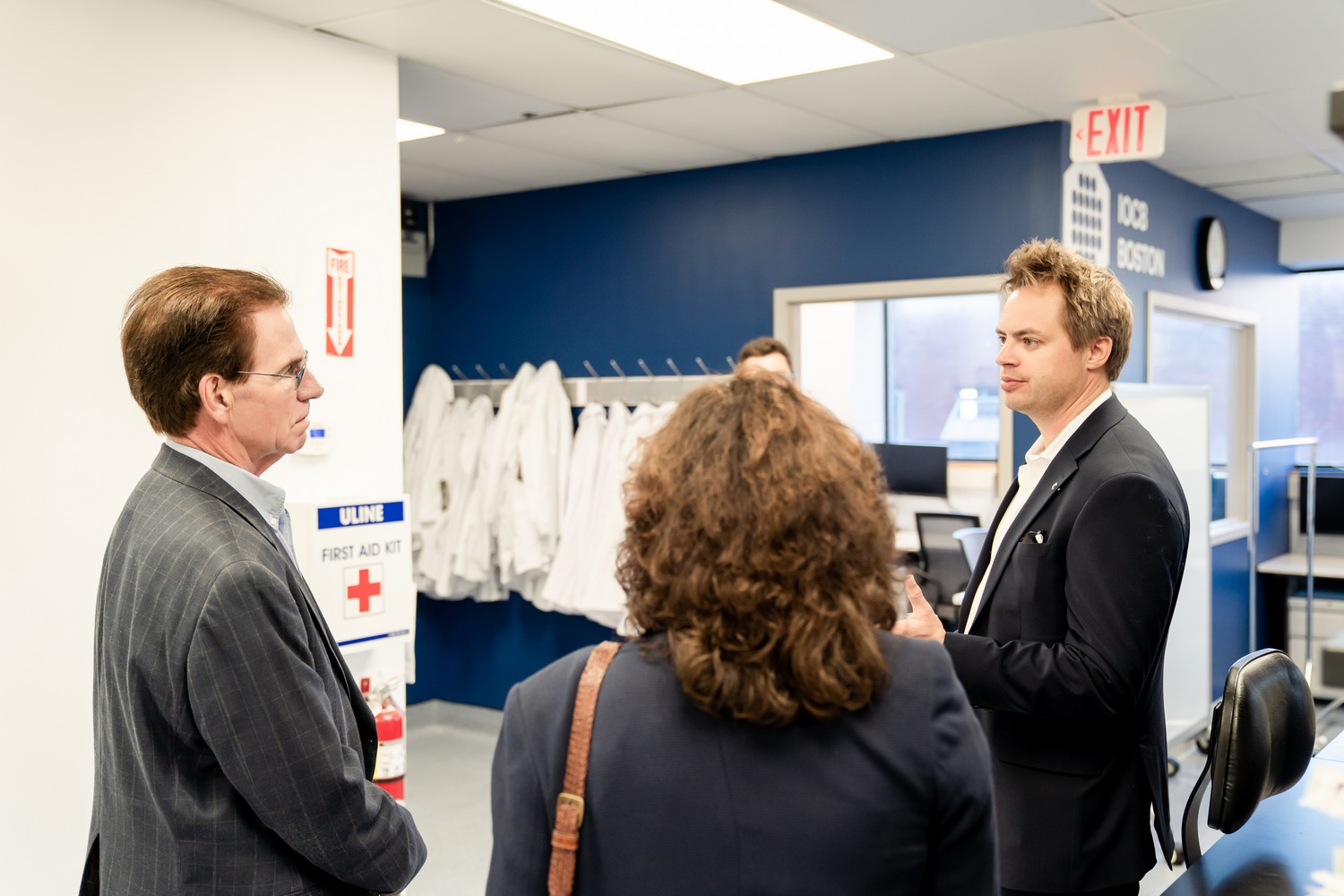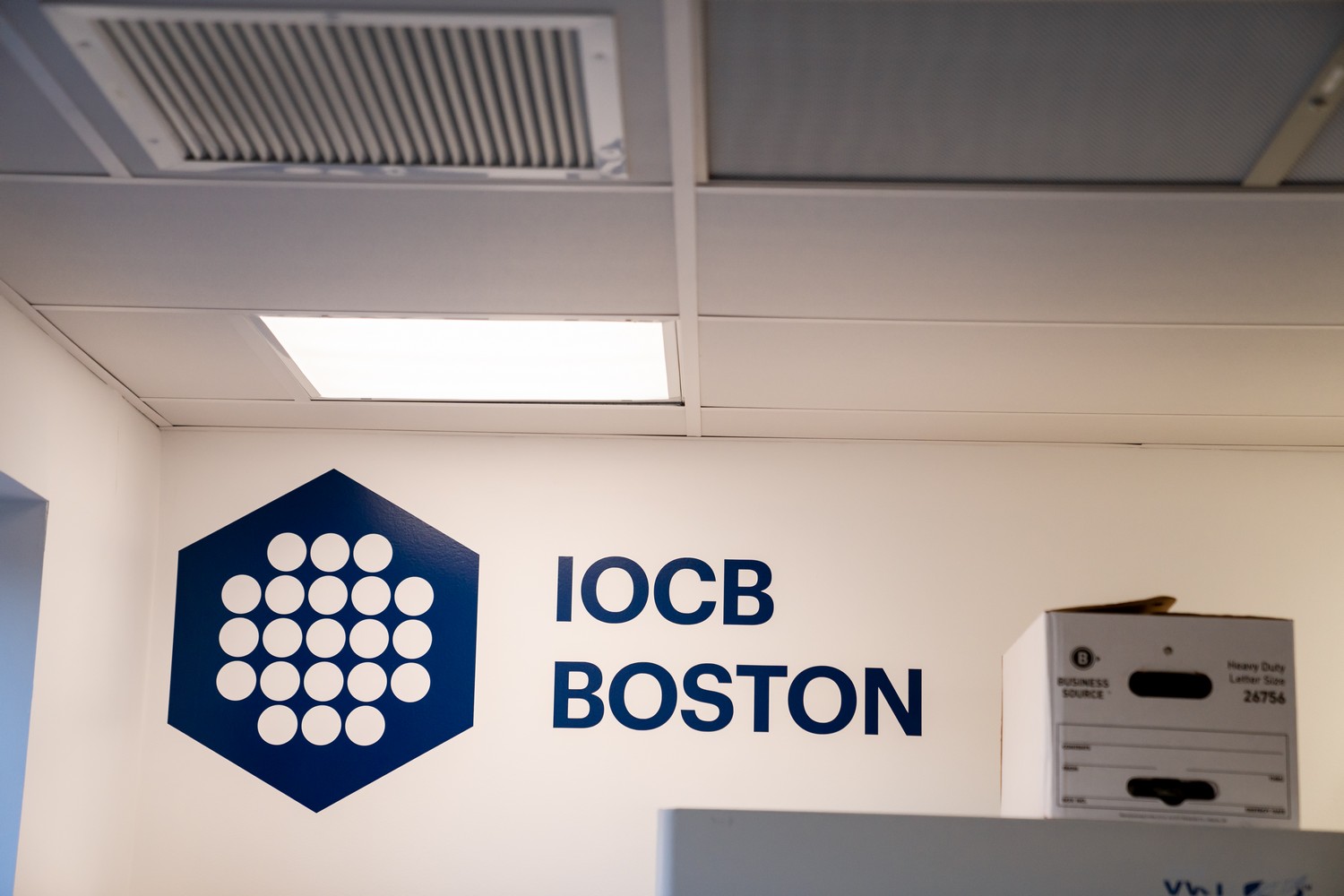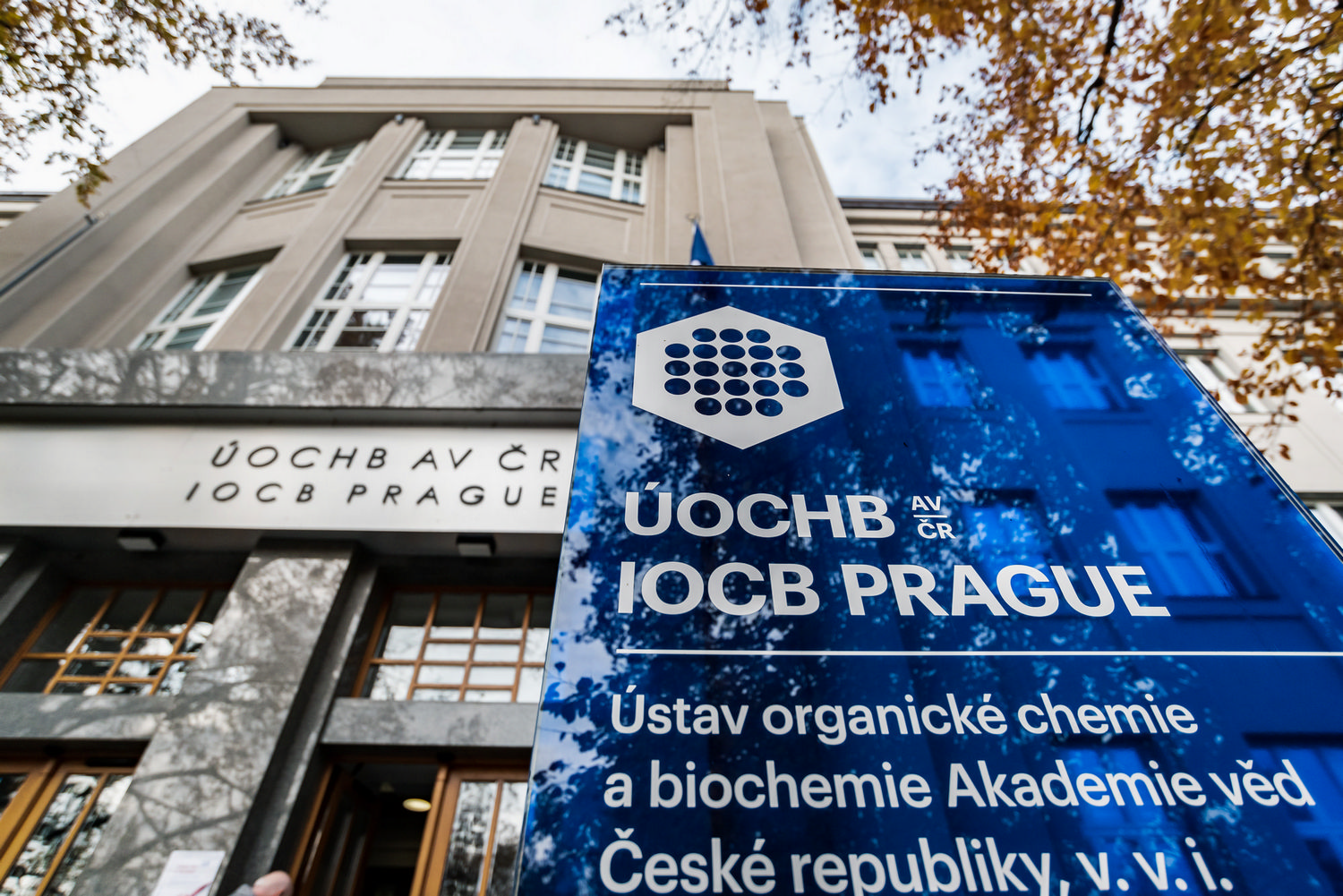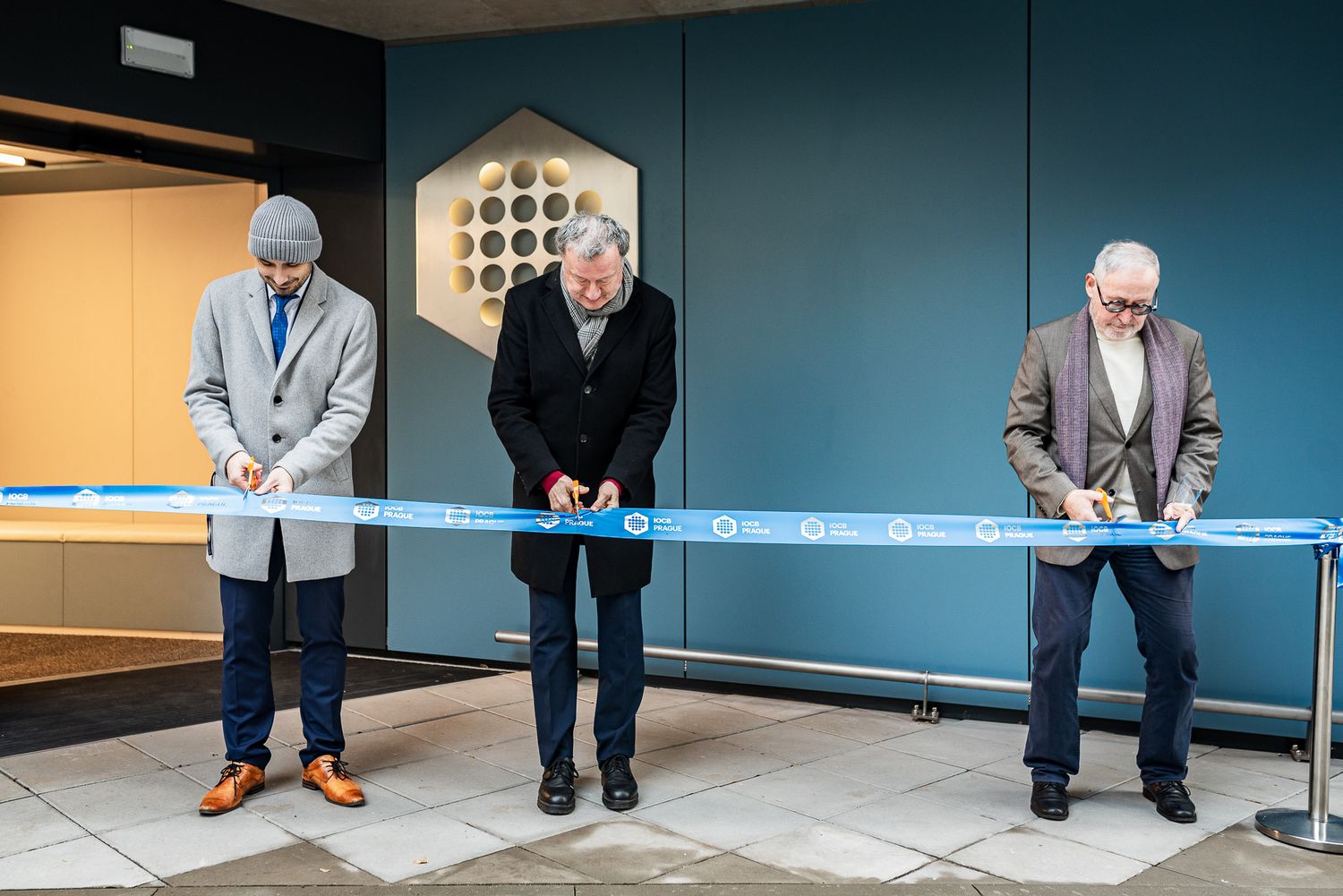IOCB Prague expands overseas, opens a new branch in Boston
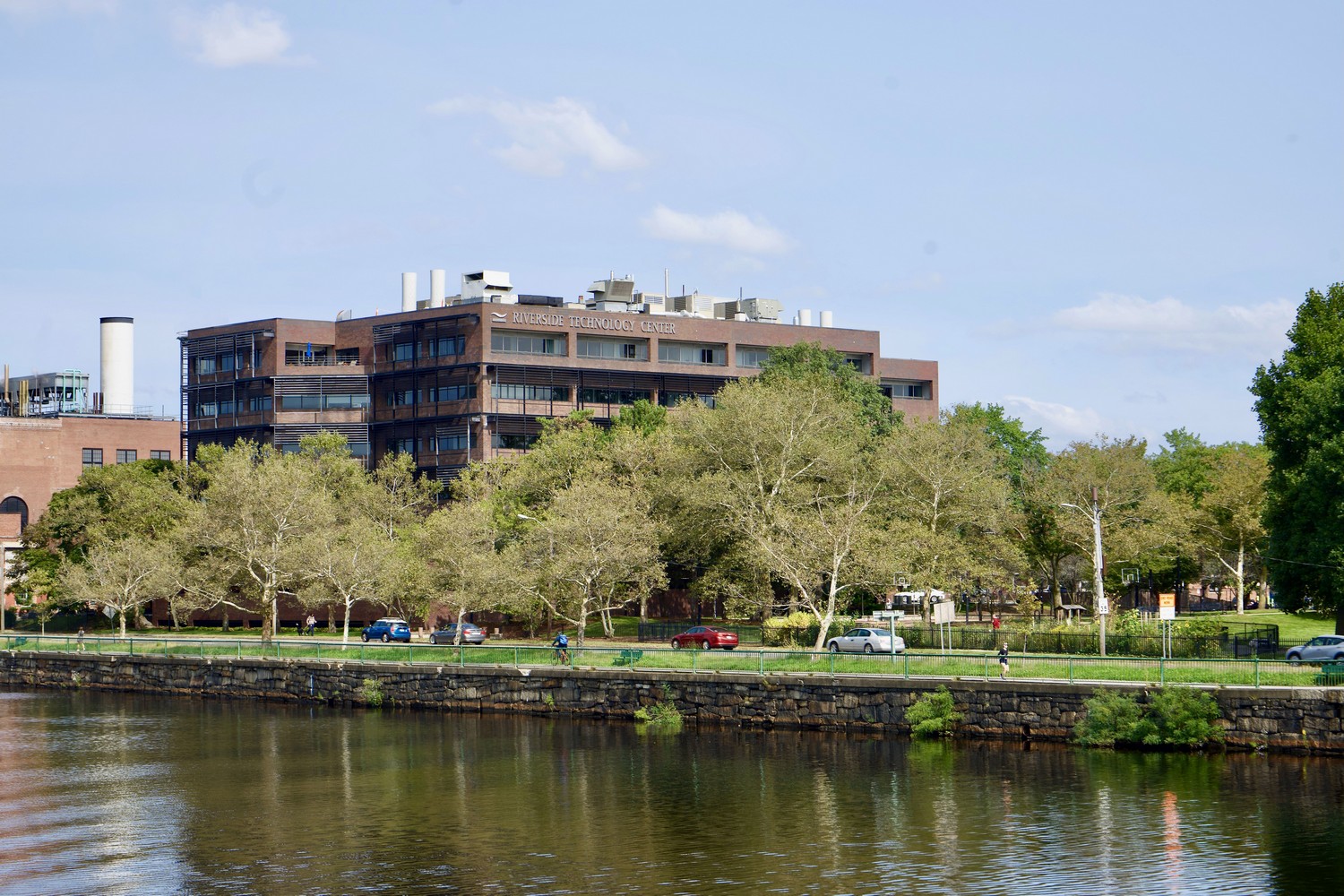
IOCB Prague officially opened its new branch in Boston, USA on October 18, 2024. The move puts the institute in proximity to world-leading scientific institutions, such as Harvard University, MIT, and Boston Medical Center. As the first institute of the Czech Academy of Sciences to establish an overseas branch, IOCB will stay at the forefront of the latest trends in biomedical research in the very heart of the global scientific community. The new branch also represents a unique milestone for the whole of Europe as well.
The launch of the IOCB Boston marks a significant milestone for Czech science. Located in one of the world’s premier biotechnology hubs, IOCB Boston will showcase Czech projects – and not just from the mother institute. With the aim of becoming an outpost for Czech science abroad, a representative of IOCB Tech, the institute’s technology transfer subsidiary, will work at the new branch, providing transfer support and seeking out American investors for Czech research projects.

During an earlier visit to IOCB Prague, Marek Ženíšek, the Czech minister for science, research, and innovation, emphasized the importance of translating interesting research ideas into practice. He also accepted an invitation to attend the official opening of the new branch.
“This is a momentous day for Czech science. For the first time, a Czech research institution has established such an important presence abroad. Boston is a global hub for medicinal chemistry, an area in which IOCB Prague has already achieved multiple successes. Given the institute’s history, I’m confident that research conducted here will thrive and lead to faster practical applications thanks to direct access to key players in the field,” said Ženíšek.
The opening ceremony was also attended by representatives of the Czech Ministry of Education, the Czech Embassy in the USA, prominent philanthropists, and, last but not least, prominent figures from academia. In addition to representatives from Harvard University, MIT, and the rector of Charles University, Milena Králičková, the event also hosted scientific legends such as Prof. Harvey Lodish and Prof. Bob Weinberg. Strengthening ties with the world’s leading scientific institutions will benefit not only the academic community but also society as a whole, increasing the likelihood that advanced research produces a concrete application, such as a substance that becomes the basis of a novel drug.
The Boston branch builds on IOCB’s solid legacy in medicinal chemistry and its major achievements, the pinnacle of which is the discovery of tenofovir, to date the most successful substance in the fight against HIV. Developed into drug form and marketed by the American company Gilead Sciences, tenofovir has revolutionized HIV therapy and saved millions of lives the world over. IOCB Prague has long drawn on its close ties with leading international institutions, including the Max Planck Institute in Germany, the Weizmann Institute of Science in Israel, and Stanford University in the USA.
“We’ve been planning to establish a US branch for quite some time,” explains IOCB director Prof. Jan Konvalinka. “We shifted our focus from California to the East Coast because the region offers greater support for science. Access to potential investors is invaluable for our spinoffs and applied research. Today, it’s Boston and the greater Massachusetts region that are the epicenter of biomedical research, not California. We want IOCB to become a globally recognized player on the world’s scientific map.”

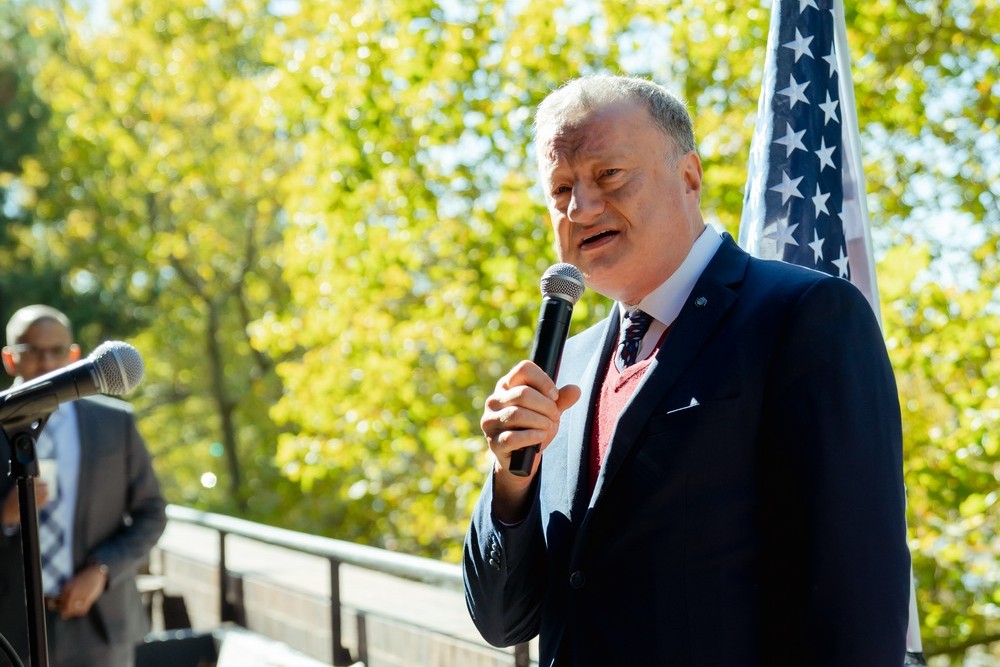
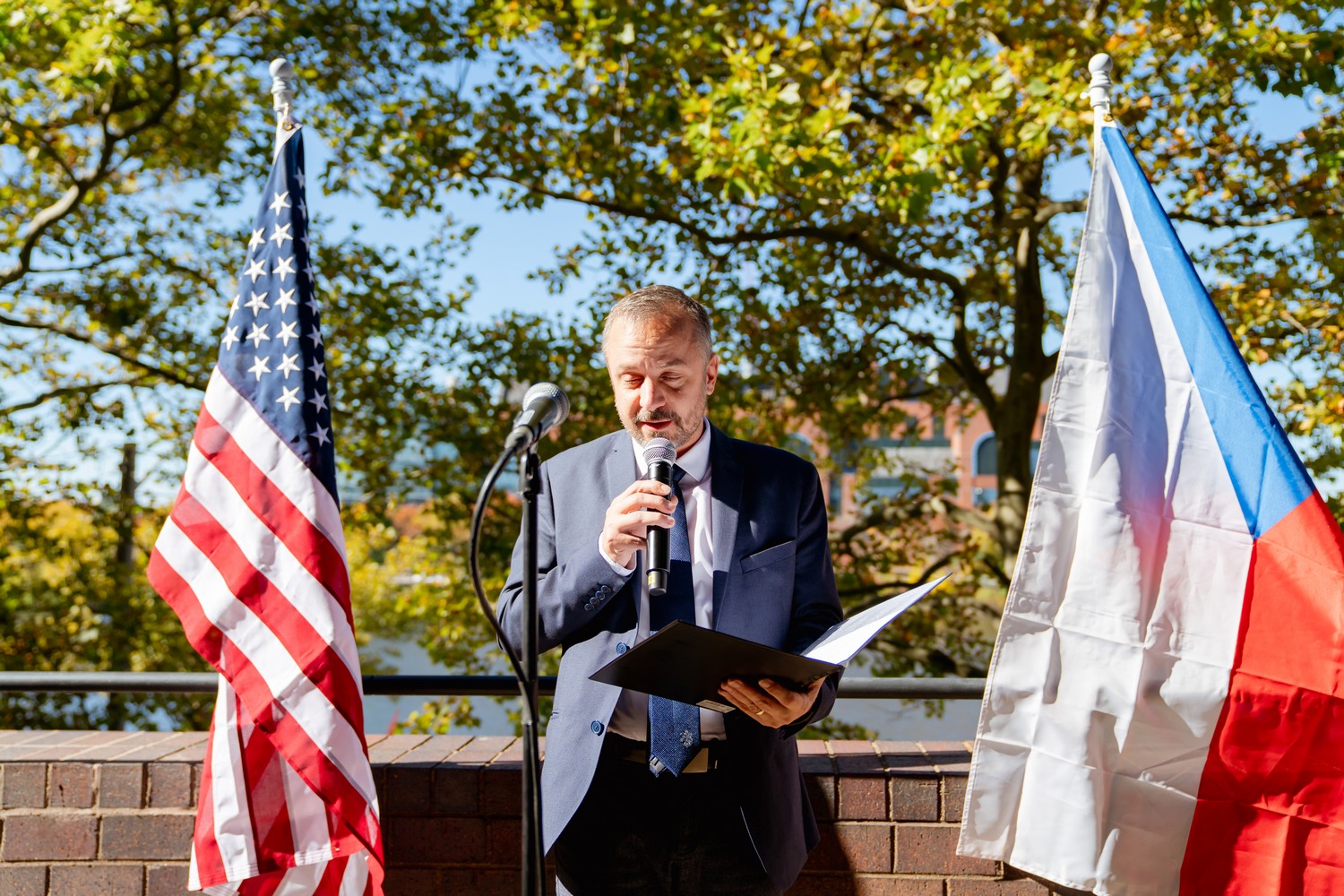
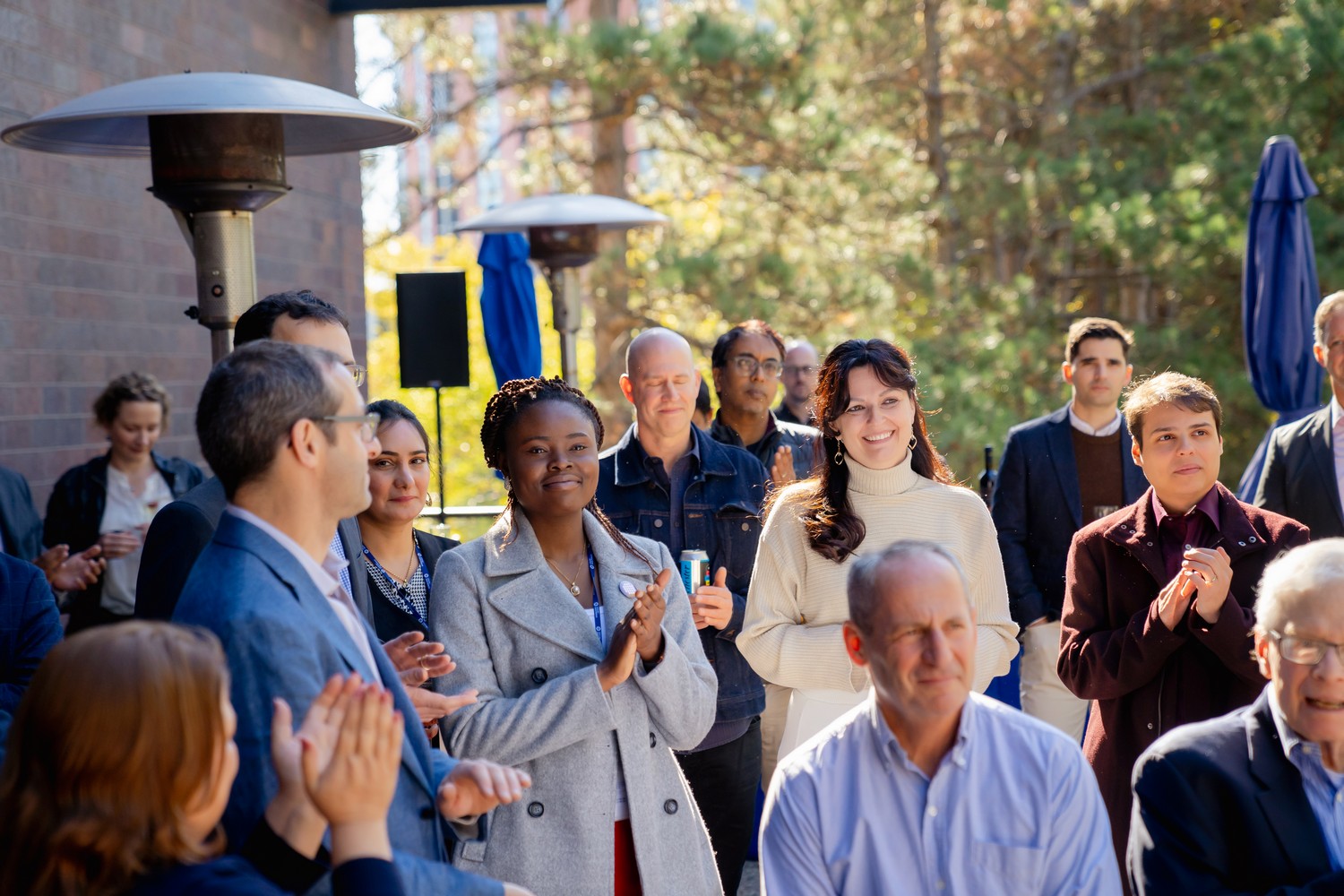

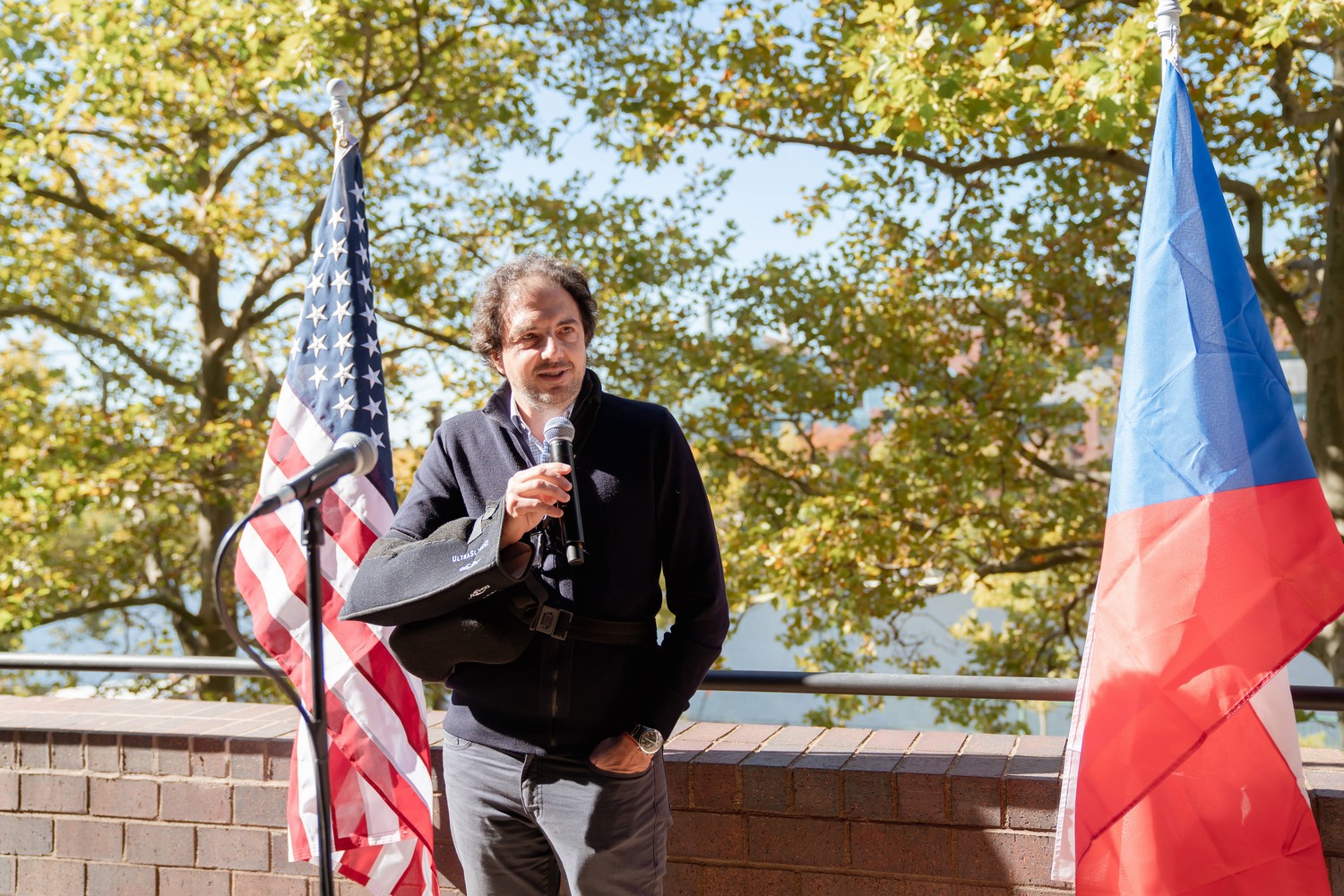
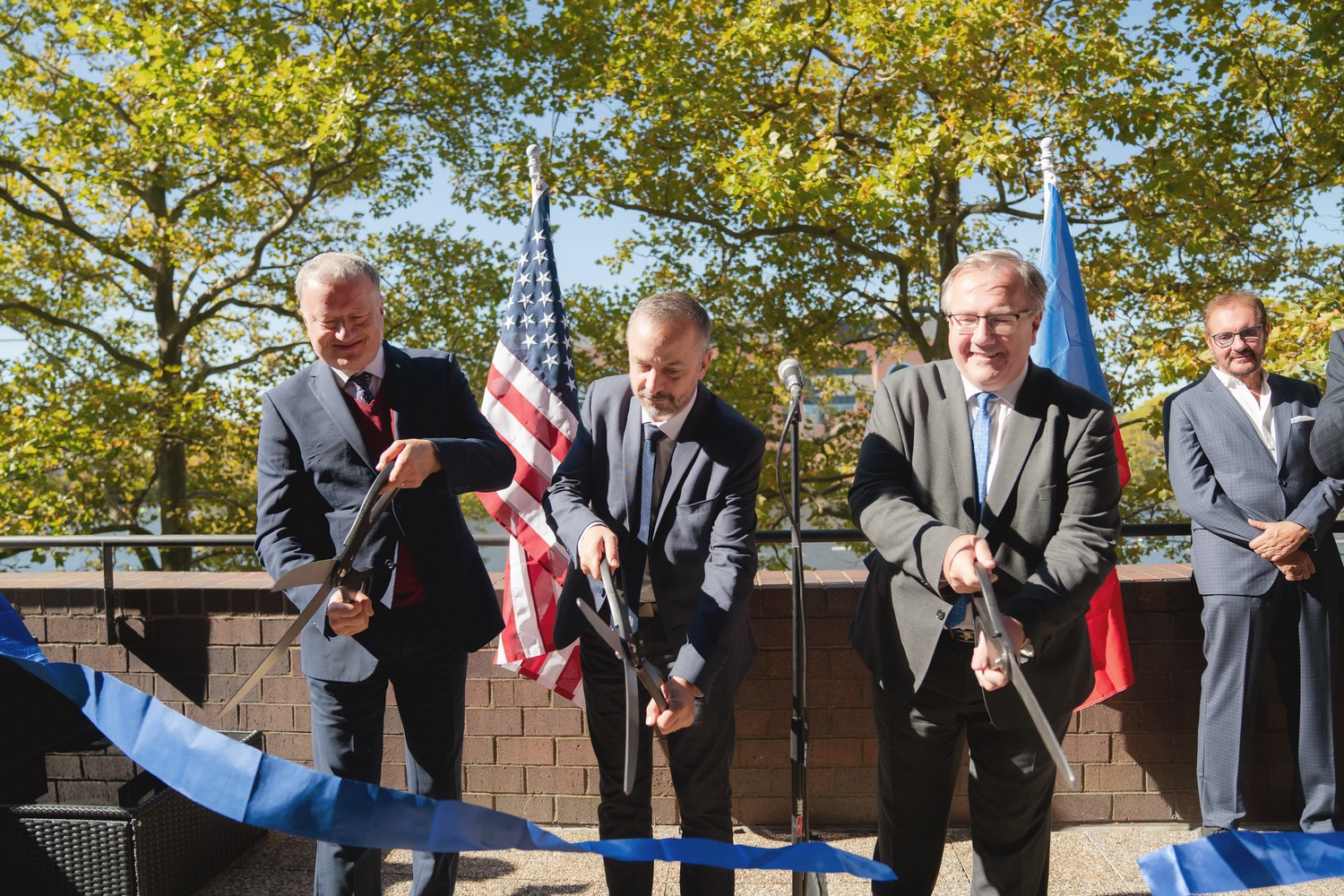
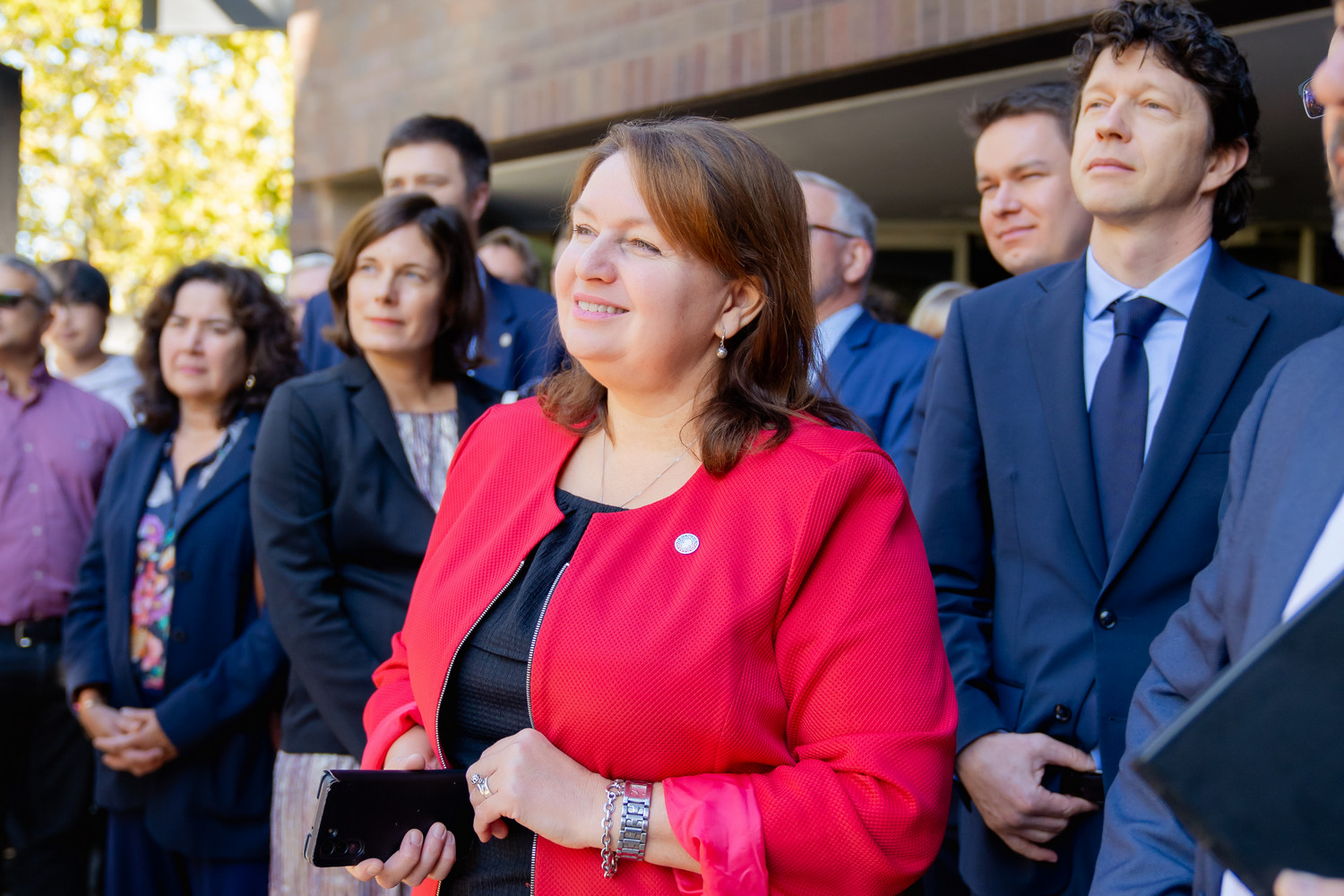
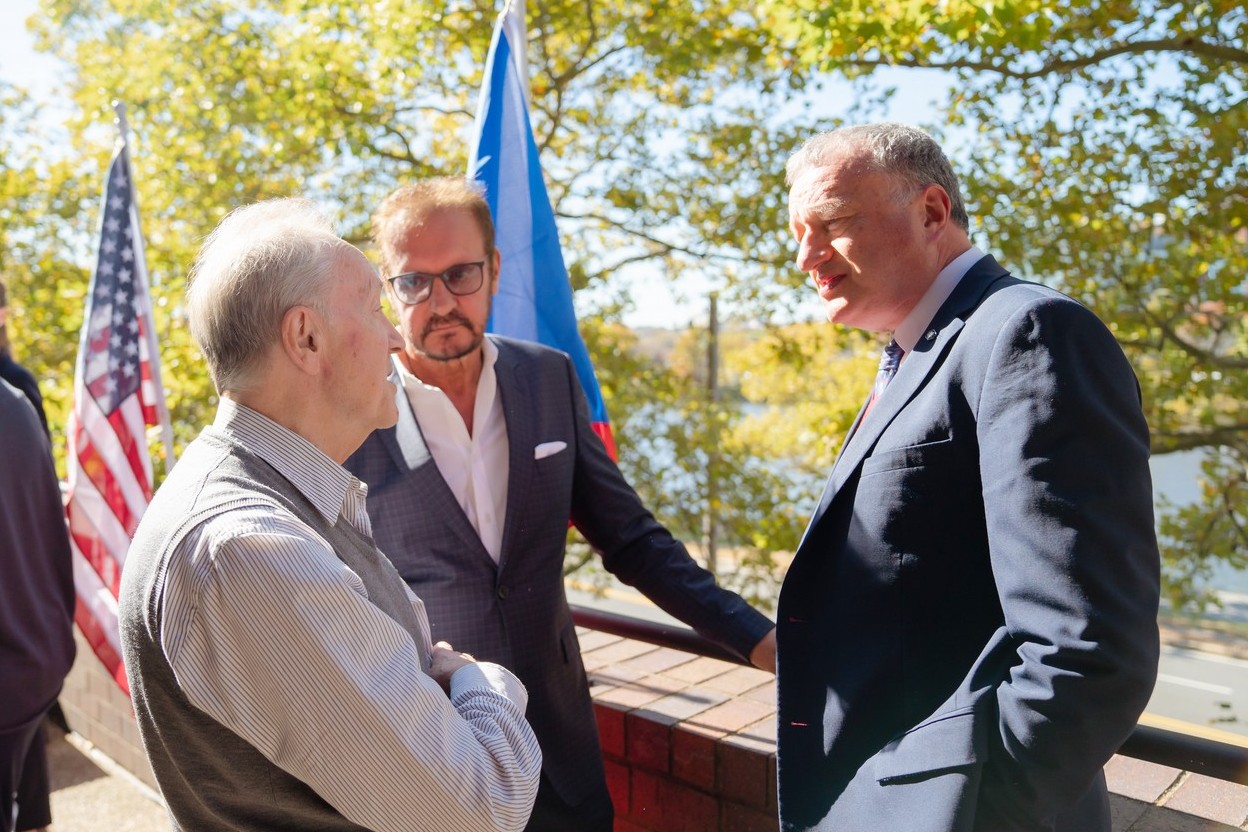
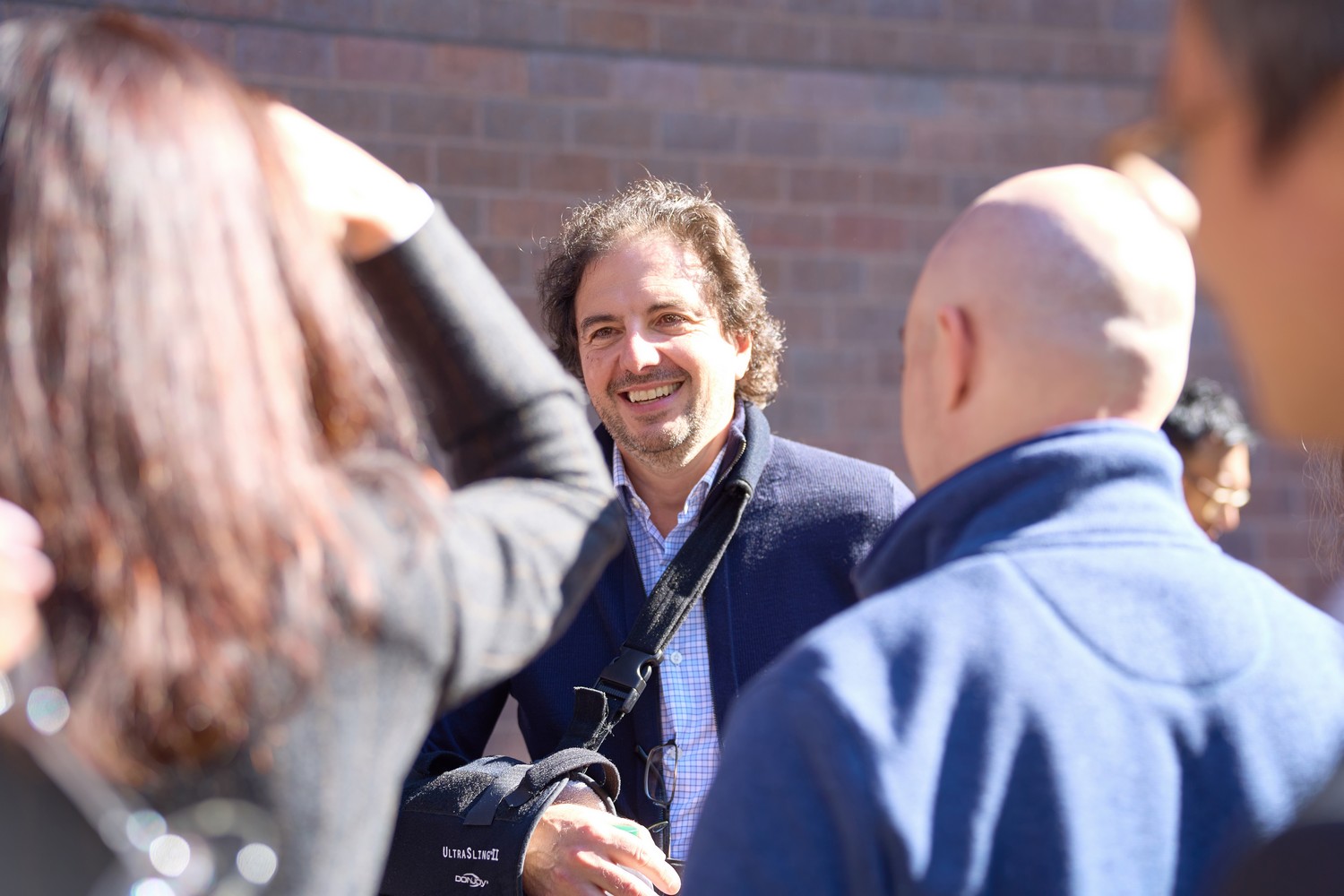
The first laboratory at the new branch is headed by renowned biologist Dr. David M. Sabatini, who joined IOCB in October of 2023. In addition to developing infrastructure for the new branch in America, Dr. Sabatini is also leading a research group in Prague. Researchers from the two locations will have the opportunity to share their findings and undertake exchange visits. Dr. Sabatini’s work focuses on topics related to growth, metabolism, and aging – fields he has years of experience in. He also plans to invite colleagues who specialize in machine learning to participate in his research. Advancing at breakneck speed and possessing the potential to change the face of scientific research, the machine learning segment was recently recognized with a Nobel Prize.
IOCB Boston is located in Cambridge-Riverside, a mere five-minute walk from Kendall Square in Boston, which for its high concentration of biotech companies is known as “the most innovative square mile in the world”. The Boston branch is supported by a generous donation from the Pershing Square Foundation. IOCB Prague also contributes funding from revenues generated by its applied research but not from public funds provided by the Czech Academy of Sciences. Looking ahead, the institute plans to expand the Boston branch by adding one or two more research laboratories.
